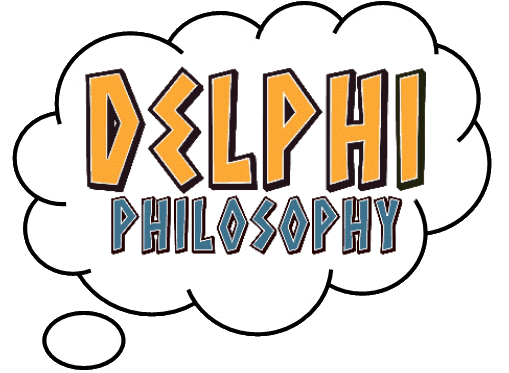Delphi pulled a few cobwebs off the monument and blinked at the figures carved in the marble.
There was her gran, sitting proudly on a chair, with Delphi’s father standing behind her. There were other figures around them too, but Delphi was most interested in the little girl, who was standing awkwardly at her grandmother’s feet, one hand reaching up to balance on the old woman’s knee.
It was Delphi, aged two.
Delphi looked down at that little girl. She had short hair and a loving grin. Delphi didn’t think it looked like her and probably never had. It looked like somebody else.
“Who are you, really?” she asked, furrowing her eyebrows at the sculpture. “I don’t remember you. It’s only my dad that says that you’re me and he’s wrong about most things.” The girl in the sculpture didn’t answer her.
She turned away, frowning, and headed for home, thinking about the tiny, two-year-old Delphi. Were they really the same person?
Delphi receives a mysterious visitor to her home. The woman looks oddly familiar, and seems to know the way around the house. She is soon joined by many other guests, from a rowdy two-year old girl and a stroppy teenager to an ancient older woman, and there seems to be something that connects all of them. But what could it be? Delphi gets to know herself in a way that she never could have imagined, in this touching and surprising tale about who you were, who you are and who you might very well be.
Big Questions:
-
What is it that makes someone the same person throughout their life?
-
Are there any reasons why they are not the same person?
-
“Who am I?” Is it possible to answer this question?
Skills focus:
-
making links between ideas
-
discussing abstract ideas
-
presenting and evaluating ideas
Teach this lesson!
Register for free and download the lesson plan, slideshow and resources to teach this enquiry yourself.
Lesson Overview
This lesson completes the series of stories on identity, building on the ideas established in Delphi at the Docks and Pythia and Aristocles. In this lesson, the question is phrased in terms of what makes a person who they are across the course of their life. This can be kept simple and accessible by using the children’s photos for them to reflect about themselves. However the aim of the lesson is to help children move from this to being able to discuss the abstract questions behind this – and be able to talk about identify in a context-free way. This progression from concrete to abstract is an important development in the ability to use reason. Children also have the opportunity to present and debate these ideas, and the questions encourage children to argue points of view that they may not agree with – again adding a level of challenge.








